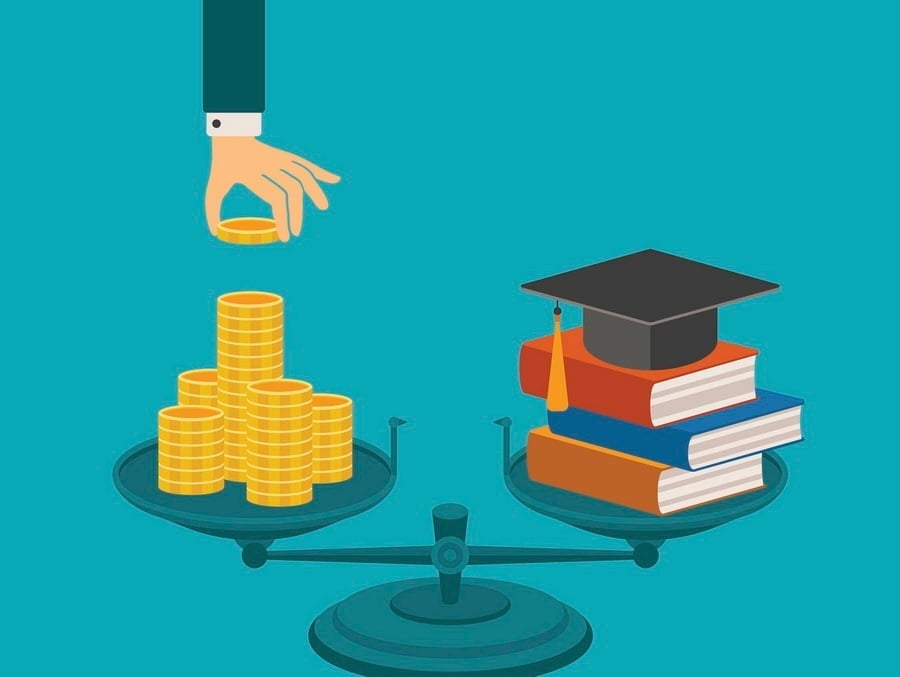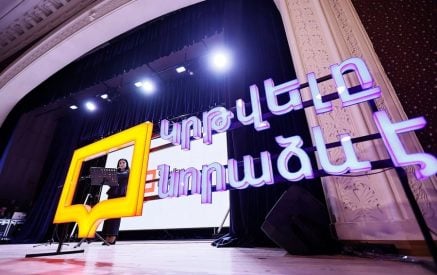I have often heard rulers and wealthy individuals in various countries offer a reproach—or rather, an “explanation”—to those struggling to make ends meet: “You are poor because you are not educated.”
If we reverse this logic, it would suggest that the more educated a person is, the wealthier they become, and that all millionaires owe their success to an excellent education. By this reasoning, Russian oligarch Roman Abramovich or his Armenian counterpart Samvel Aleksanyan should rank among the most educated people in their respective countries.
But we know this is not the case. Particularly in countries like ours, wealth is often acquired not through education but through seizing opportunities—such as gaining control of an “oil pipeline” at a low price and then selling its output at a high price. More often than not, state power plays a crucial role in facilitating this process. Of course, becoming rich requires certain skills, but those skills are not necessarily tied to education.
Now, let’s turn to the so-called “poor.” Historically, some of the most educated people in the Middle Ages were monks. Yet, did they possess great material wealth? More importantly, was their mission or purpose in life to become rich?
Read also
Education is undoubtedly essential. But we must ask: What is its true purpose? Is it solely to amass wealth? I think not. Education—true education, not just the attainment of a diploma—exists to help individuals grow, to cultivate wisdom, and ultimately, to improve the world.
When a head of state tells teachers, professors, and scientists, “You are poor because you are uneducated,” this does not elevate the value of education. Instead, it exposes the state’s unwillingness—or inability—to provide a dignified life for these individuals. Worse still, it sends a clear message to future generations: “Do not pursue education. Do not become a teacher or a lecturer. Choose a career that will simply make you money.”
Aram ABRAHAMYAN
























































